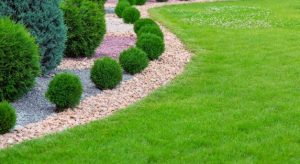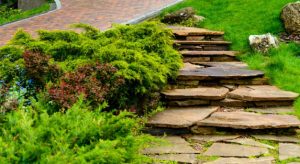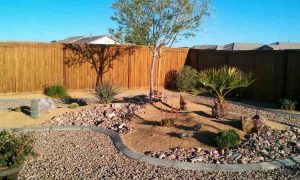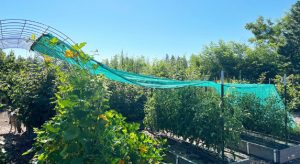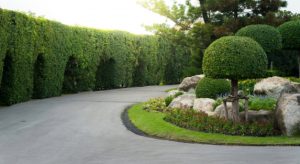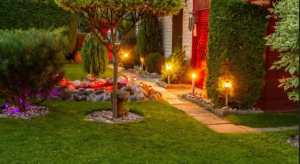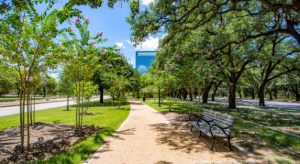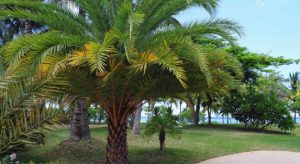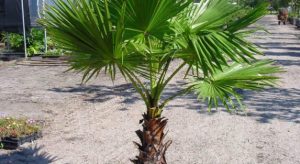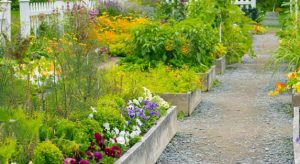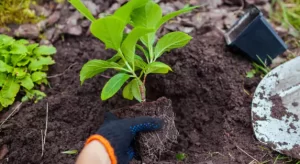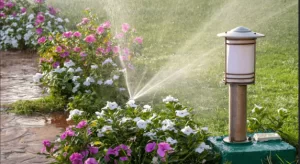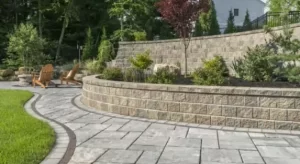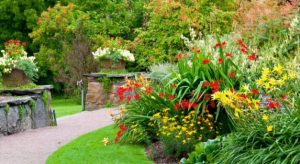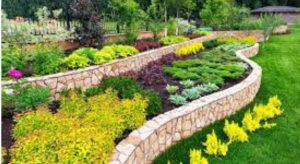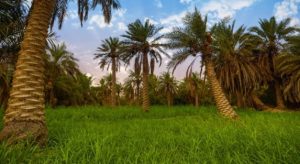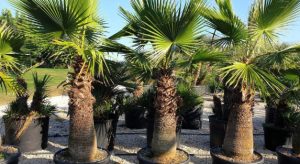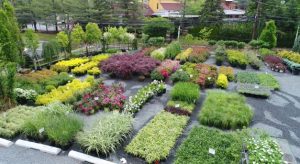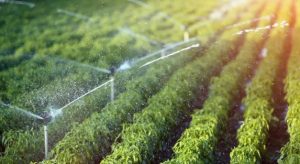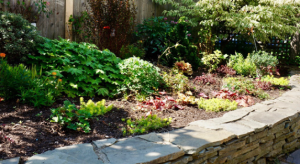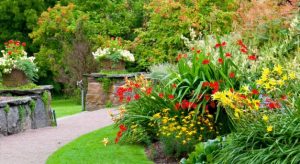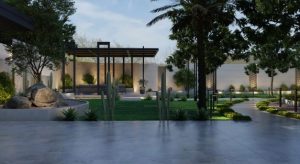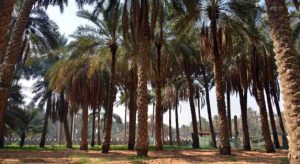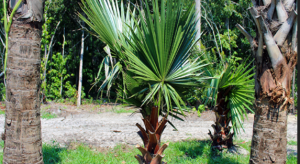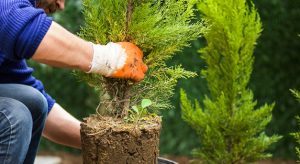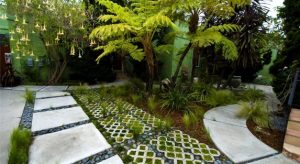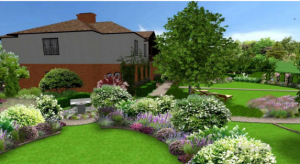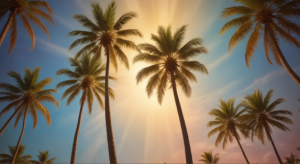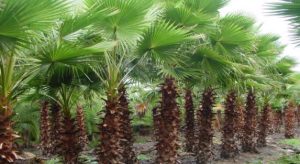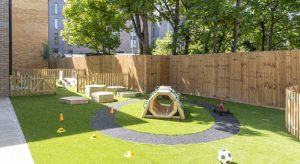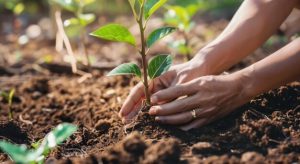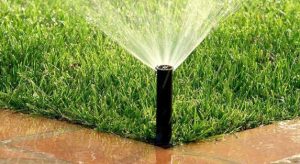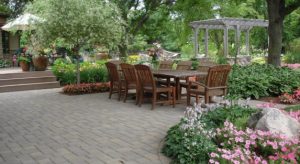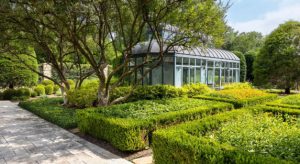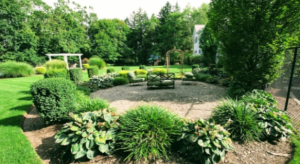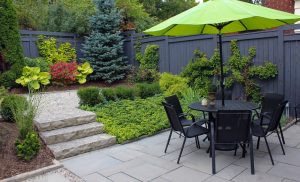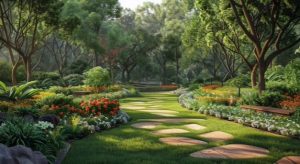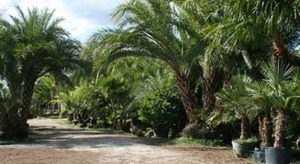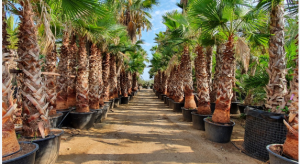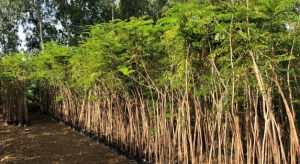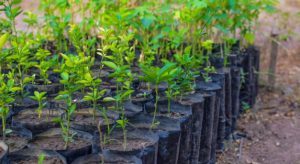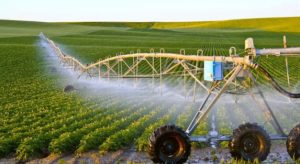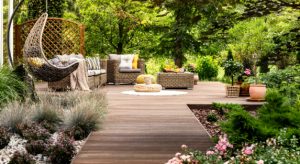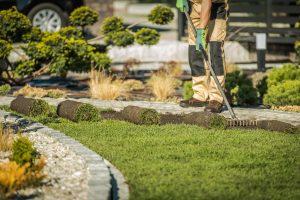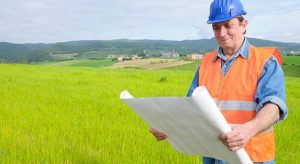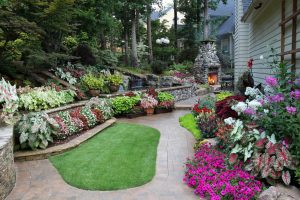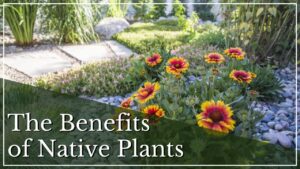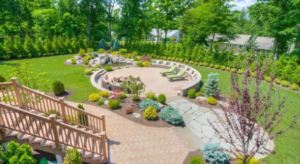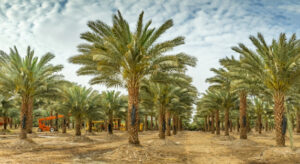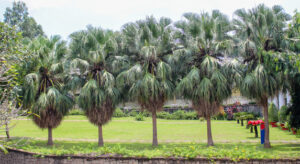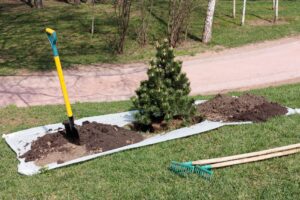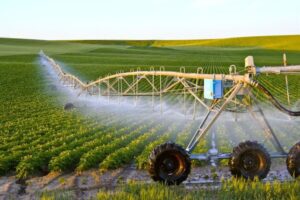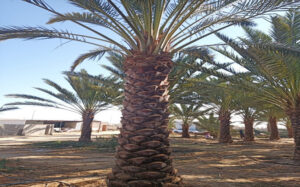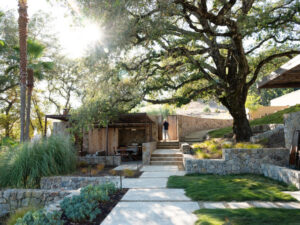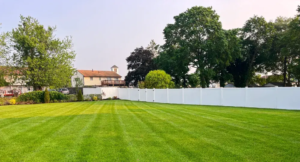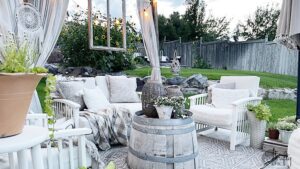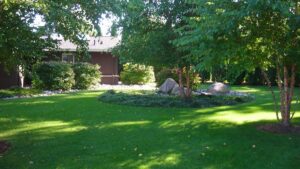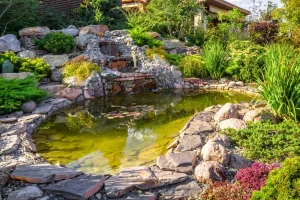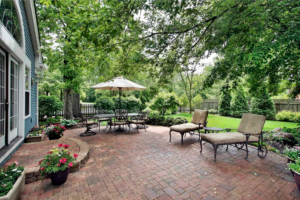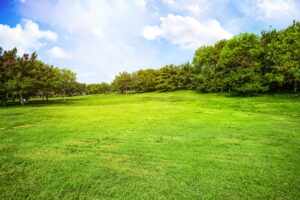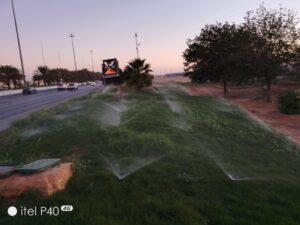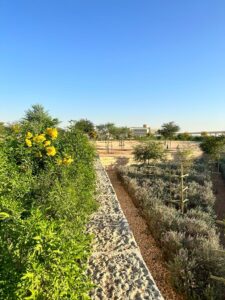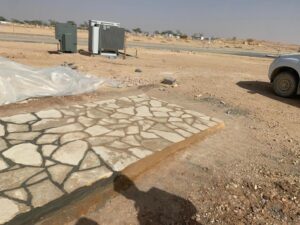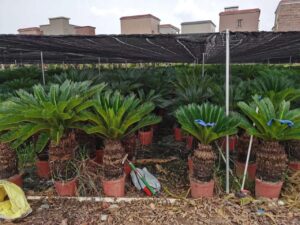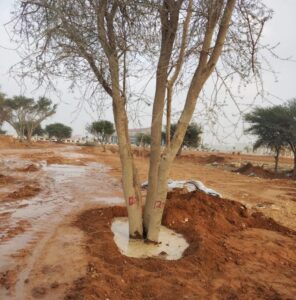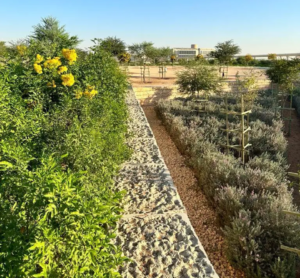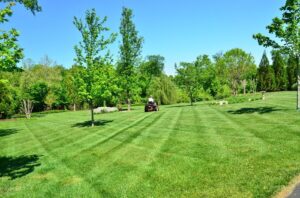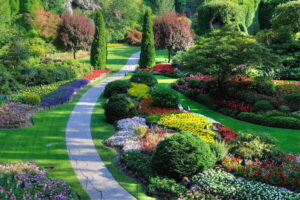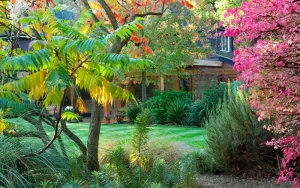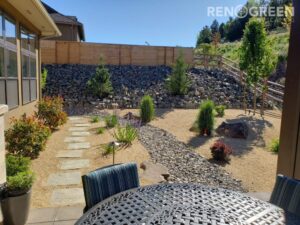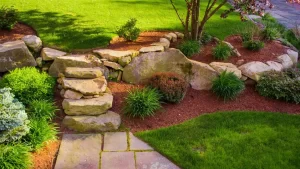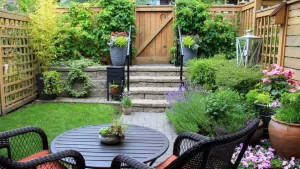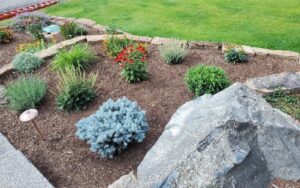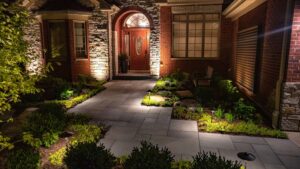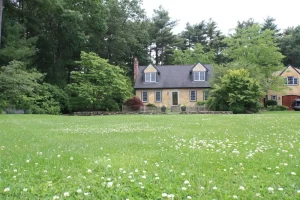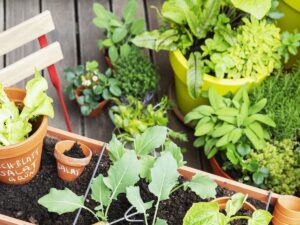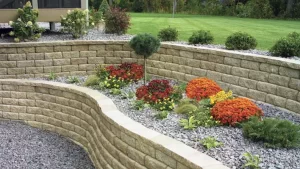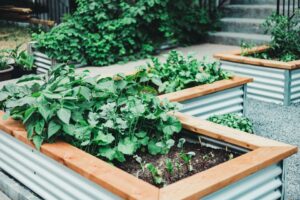Exploring the Ecological Role of Washingtonia Trees
16 December, 2024
Washingtonia trees, commonly known as fan palms, are a significant part of many landscapes, particularly in arid and semi-arid regions. These majestic trees not only enhance the beauty of their environment but also play a crucial ecological role in various ecosystems. In regions like Saudi Arabia, where the climate is predominantly desert-like, these trees are increasingly sought after for their ability to thrive in harsh conditions, making them a popular choice for landscaping. As a Washingtonia tree supplier in Saudi Arabia, understanding the ecological importance of these trees is key to their successful use and preservation in the region.
1. Introduction to Washingtonia Trees
Washingtonia, a genus of palm trees, includes two species that are commonly known as the Washingtonia palm: Washingtonia robusta and Washingtonia filifera. These trees are native to the southwestern United States and Mexico. They are typically found in arid climates, making them well-suited for regions like Saudi Arabia. Their adaptability to dry environments, along with their striking appearance and minimal water requirements, makes them an attractive option for desert landscaping.
The fan-shaped leaves of the Washingtonia tree give it a distinct appearance, often contributing to the tropical aesthetic in areas that may otherwise lack such features. Due to their robust nature and ability to withstand harsh conditions, they have become a popular choice for landscaping projects in arid regions. In Saudi Arabia, a Washingtonia tree supplier plays an essential role in helping to integrate these palms into both public and private spaces, enhancing the environmental quality.
2. Ecological Importance of Washingtonia Trees
Washingtonia trees are not just ornamental; they have several ecological functions that benefit the environment in which they grow. The ecological importance of these trees is highlighted through their role in providing shelter, improving air quality, and enhancing the local microclimate.
2.1 Providing Habitat for Wildlife
Although Washingtonia trees are not native to all areas where they are planted, they still offer valuable habitats for various wildlife species. Birds, in particular, are attracted to the trees, where they nest in the dense fronds. The large leaves of Washingtonia palms provide a cool, shaded area for small animals to shelter from the extreme heat of the desert. Their thick trunks and canopies offer an ideal space for birds to nest and roost.
In addition, insects such as bees and butterflies are often found around these trees, especially during the blooming seasons. These insects help pollinate the plants, further contributing to the ecological balance. As a Washingtonia tree supplier in Saudi Arabia, it is essential to highlight these ecological benefits, encouraging landscaping decisions that support local wildlife.
2.2 Soil Stabilization
One of the critical ecological roles of Washingtonia trees is soil stabilization. In arid environments like Saudi Arabia, the risk of soil erosion due to wind and water is high. The roots of Washingtonia trees help bind the soil together, reducing the risk of erosion and promoting soil health. These trees are particularly valuable in desert landscaping, where maintaining soil integrity is a significant concern. Their root systems are well adapted to dry soils, allowing them to grow deep and anchor the ground.
By planting Washingtonia trees along pathways, roadsides, and other vulnerable areas, Saudi Arabia can effectively reduce soil erosion while also enhancing the beauty of the environment. A Washingtonia tree supplier in Saudi Arabia, therefore, contributes not only to beautification efforts but also to sustainable land management practices.
2.3 Enhancing Local Microclimates
Washingtonia palms also play an important role in regulating the microclimate of the areas in which they grow. Their large, fan-like leaves create a cooling effect, providing shade to the ground below. This cooling effect is especially important in desert regions, where temperatures can reach extreme levels. The shade from the trees lowers the ambient temperature, making the surrounding environment more comfortable for both people and other vegetation.
Furthermore, Washingtonia trees can help trap dust and particulates from the air, improving air quality. In arid regions where dust storms are common, these trees can act as natural air filters, enhancing the air quality for those living and working in the vicinity.
3. Washingtonia Trees and Water Conservation
In regions like Saudi Arabia, water conservation is of utmost importance, especially in landscaping. Washingtonia trees are highly water-efficient, making them an ideal choice for water-scarce areas. These trees are well adapted to surviving on minimal water and can thrive in areas with low rainfall, which is typical of many desert landscapes.
By choosing Washingtonia trees for landscaping projects, Saudi Arabia can reduce the demand for water-intensive plants, promoting more sustainable and environmentally friendly landscaping practices. Additionally, Washingtonia trees' deep root systems allow them to access groundwater, reducing the need for frequent irrigation. As a Washingtonia tree supplier in Saudi Arabia, it is essential to provide these trees as a sustainable option for desert landscapes, helping to conserve water resources in the region.
4. Aesthetic and Cultural Significance of Washingtonia Trees
Apart from their ecological functions, Washingtonia trees have a significant cultural and aesthetic role in many parts of the world. In Saudi Arabia, these trees are often seen as symbols of strength and resilience, given their ability to thrive in the harsh desert environment. Their elegant appearance, with towering trunks and large, arching fronds, adds a touch of natural beauty to urban and rural areas alike.
In addition to their aesthetic value, Washingtonia trees have a cultural significance in many communities. Palm trees, in general, have long been associated with hospitality, abundance, and vitality in desert cultures. Their presence in the landscape is often a reflection of the area's historical connection to the desert and its resources. For many Saudis, incorporating Washingtonia trees into their gardens and public spaces is a way to honor their cultural heritage and natural surroundings.
5. Challenges and Considerations in Planting Washingtonia Trees
While Washingtonia trees offer numerous ecological benefits, there are also challenges involved in planting and maintaining them, particularly in regions with extreme desert conditions like Saudi Arabia. The first challenge is ensuring the trees receive adequate care when initially planted. Although Washingtonia trees are drought-tolerant, they still require some water during the establishment phase to ensure their roots take hold and the tree grows strong.
Another challenge is managing pests that may affect the health of Washingtonia palms. While these trees are generally hardy, they can be susceptible to certain pests, such as scale insects and aphids, which can weaken the tree or reduce its aesthetic value. Proper pest control and maintenance are essential to ensuring the long-term health of the trees.
6. The Role of a Washingtonia Tree Supplier in Saudi Arabia
As a Washingtonia tree supplier in Saudi Arabia, the role of providing these trees goes beyond just selling them. Suppliers play a vital part in educating customers about the benefits of these trees and the best practices for planting and maintaining them. This involves offering guidance on the right locations for planting, watering schedules, and care tips to ensure the trees thrive in their new environment.
Moreover, a Washingtonia tree supplier can help businesses and homeowners select the right species of Washingtonia based on the specific conditions of their property. Whether it’s choosing the drought-tolerant Washingtonia robusta for a sunny area or Washingtonia filifera for a more sheltered location, suppliers can offer valuable advice to ensure the success of each landscaping project.
Additionally, suppliers can assist in creating customized landscaping plans that incorporate Washingtonia trees along with other native and drought-resistant plants. This holistic approach to landscaping can help Saudi Arabia move towards more sustainable, eco-friendly, and aesthetically pleasing environments.
7. Conclusion
Washingtonia trees are an essential element in desert landscaping, offering significant ecological, aesthetic, and cultural benefits. In regions like Saudi Arabia, where water conservation, soil stabilization, and temperature regulation are vital, these trees serve a critical role in improving the local environment. Their ability to thrive in harsh conditions while supporting local wildlife, enhancing air quality, and reducing water usage makes them an invaluable addition to desert landscapes.
As a Washingtonia tree supplier in Saudi Arabia, promoting the ecological benefits of these trees and ensuring they are planted and maintained properly can help create more sustainable and beautiful communities. By integrating Washingtonia trees into landscaping projects, Saudi Arabia can create lush, vibrant spaces that not only enhance the beauty of the environment but also contribute to the preservation of its natural resources for future generations.
- Fountain and Waterfalls
- Gardening
- hardscape
- Irrigation system
- Landscape
- Lawn
- Nursery
- Palm Tree
- Plantation and Maintenance
- softscape
- Tree Transplanting
- Washingtonian Tree
Categories
Latest Post
- Fountain and Waterfalls
- Gardening
- hardscape
- Irrigation system
- Landscape
- Lawn
- Nursery
- Palm Tree
- Plantation and Maintenance
- softscape
- Tree Transplanting
- Washingtonian Tree





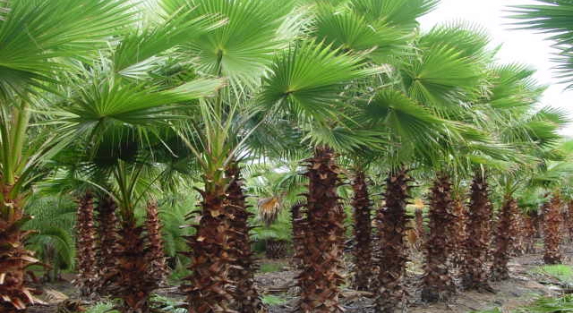
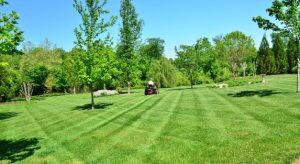
 .
.